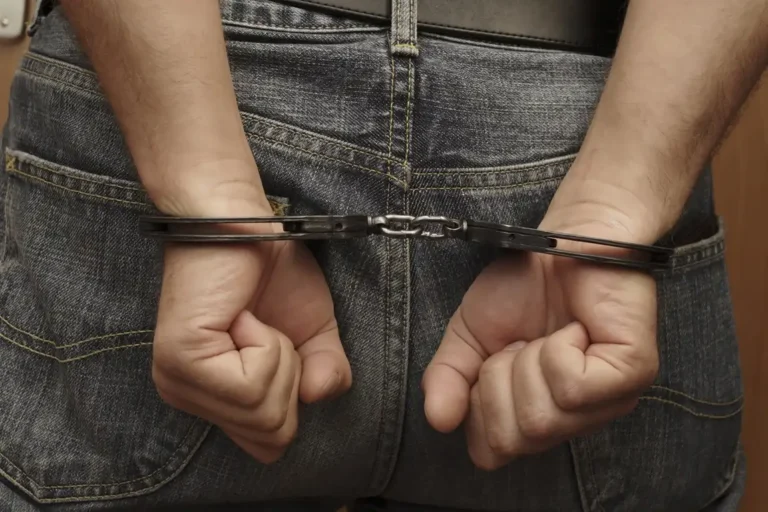Ignoring traffic control devices and exceeding the maximum speed limit can lead to run-ins with law enforcement officials, speeding tickets, a huge fine amount, and, in some cases, a license suspension. Like most drivers, you probably do your best to drive within the posted speed limit.
But let’s face it, you probably don’t know the Ohio revised code and traffic laws as well as you’d like. That can lead to unintentional violations of speed limits, a speeding ticket, and penalty points on your driver’s license.
Fortunately, Gounaris Abboud’s Dayton traffic lawyers can help. Contact us for a free case review.
What Are the Ohio Speed Limits?
Ohio’s main speed limit law prohibits you from exceeding a specific miles per hour limit, or the posted speed limit. Ohio traffic laws also require you to drive at a speed that is “reasonable or proper, having due regard to the traffic, surface, and width of the street or highway and any other conditions.”
Based on this, you have to follow the posted speed limit in miles per hour, as well as the prima facie speed limit (also known as presumed speed limit). You’ve also got to account for the assured clear distance ahead. Here’s what you need to know.
Absolute Speed Limits
| Roadway Type | Speed Limit (mph) | Violation Consequence | Local Adjustments Possible |
|---|---|---|---|
| Rural Freeways | 70 (unless otherwise posted) | Exceeding 70 mph | Yes |
| Rural Expressways & Urban Freeways | 65 (unless otherwise posted) | Exceeding 65 mph | Yes |
| Most Other Roadways | 55 (unless otherwise posted) | Exceeding 55 mph | Yes |
Prima Facie Speed Limits
| Speed Limit Type | Speed Limit (mph) | Exceeding Limit Consequence | Evidence in Court Required |
|---|---|---|---|
| School Zones | 20 (unless otherwise posted) | Exceeding 20 mph | Evidence of safe speed |
| Alleyways within Cities | 15 (unless otherwise posted) | Exceeding 15 mph | Evidence of safe speed |
| Residential & Urban Areas | 25 (unless otherwise posted) | Exceeding 25 mph | Evidence of safe speed |
Ohio Point System and Speed Limit Law Violations
Ohio assesses points for violating the Ohio speed limits. A speeding ticket results in either two points or four points, depending on how many miles per hour you were driving and if the violation occurred in a construction zone or school zone. Here’s a breakdown of the Ohio Point System.
| Violation Type | Speed Over Limit | Points Assessed |
|---|---|---|
| Speeding (Less Severe) | Less than 25 mph | 2 points |
| Speeding (More Severe) | More than 25 mph | 4 points |
| License Suspension Criteria | Accumulation Period | Suspension Period |
| Accumulating 12 or More Points Against Driving Record | Within 2 years | 6 months |
Foot Off the Gas or Foot in the Court?
Before you navigate those confusing Ohio speed limit laws alone, remember: a minor misstep can land you in major trouble. Contact Gounaris Abboud to protect your rights and minimize the consequences.
Penalties for Ohio Speed Limit Law Violations
Violating the maximum speed limit is a minor misdemeanor in Ohio. Your first or second Ohio speeding ticket in a year will result in a maximum fine of up to $150. A third violation in a year is a fourth-degree misdemeanor and can result in jail time or a fine of up to $250.
If you drive over 35 miles per hour in a construction zone, school zone, or business district, it is automatically a fourth-degree misdemeanor. If you have four or more Ohio speeding tickets in a year, you’ll face a third-degree misdemeanor. Here’s a breakdown of penalties.
| Violation Frequency | Violation Context | Misdemeanor Degree | Potential Jail Time | Maximum Fine |
|---|---|---|---|---|
| First or Second Violation | General | Minor | None | Up to $150 |
| Third Violation (within 1 year) | General | Fourth Degree | Up to 30 days | Up to $250 |
| Any Violation | Driving over 35 mph in a business or school zone | Fourth Degree | Up to 30 days | Up to $250 |
| Fourth or Subsequent Violation (within 1 year) | General | Third Degree | Up to 60 days | Up to $500 |
| Any Violation | In a school or construction zone (fine doubled) | – | – | Double the base amount |
Fighting Speed Ticket in Ohio? Contact Our Traffic Attorney Today
If you get an Ohio speeding ticket, you have two options. You can pay the fine or hire a traffic attorney in Dayton. At Gounaris Abboud, we can help you fight your Ohio speeding ticket, protect your driving record, avoid jail time, and minimize the likelihood of getting penalty points.
Don’t let a minor misdemeanor derail your driving record. Let us help! Contact our team today.





